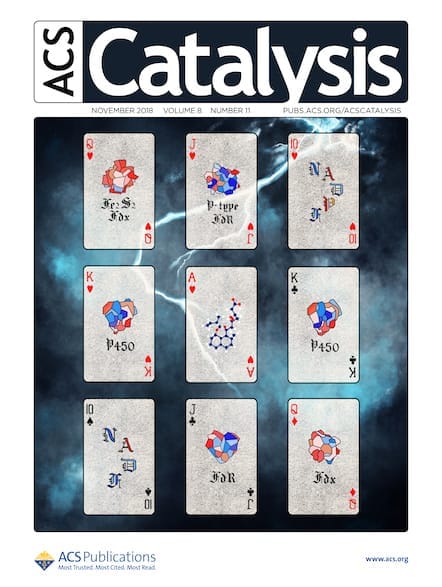Get to know this year's winners, what inspires their research, and the future breakthroughs they hope to see in their fields.
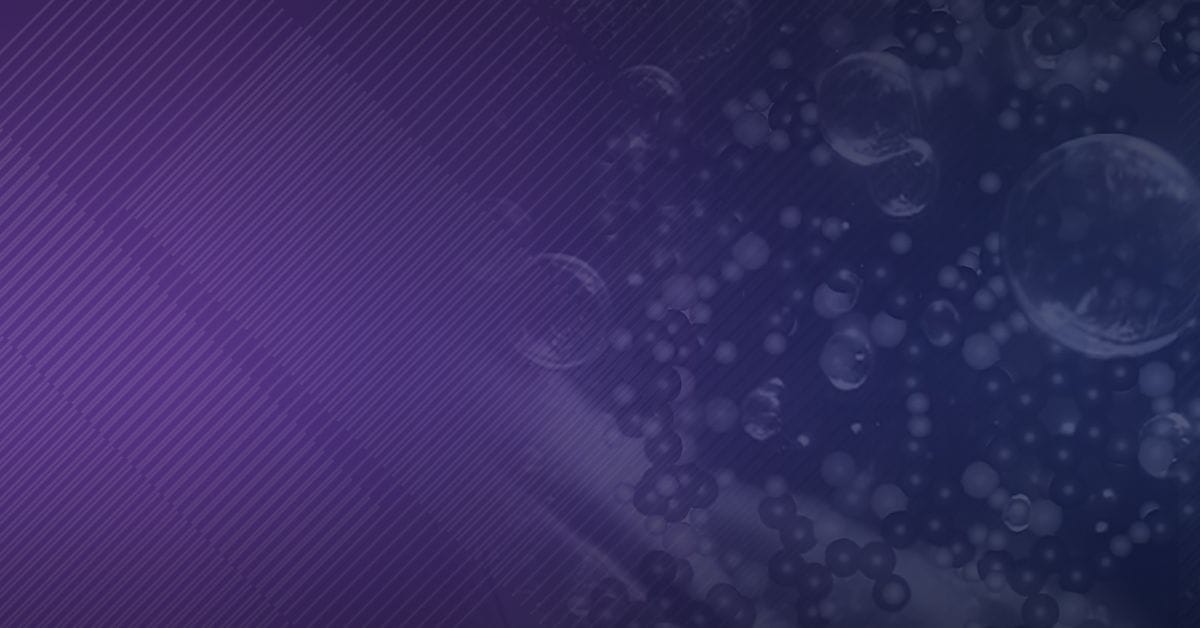
Annually, ACS Catalysis has the pleasure of honoring recent and significant contributions to the field of catalysis by an individual or a team with the ACS Catalysis Lectureship for the Advancement of Catalytic Science award. In partnership with the ACS Division of Catalysis Science and Technology (CATL) and the ACS Division of Organic Chemistry (ORGN), this year’s awards tie directly to a ground-breaking publication in ACS Catalysis.
In recognition of the large scope of catalysis covered by ACS Catalysis, the 2024 award has been given in each of the three areas of catalysis covered by the journal: biocatalysis or enzymology, heterogeneous catalysis, and homogeneous catalysis.
It is our pleasure to announce the 2024 awardees:
- Biocatalysis: Serge Ruccolo, Merck & Co., Inc., United States
- Heterogeneous Catalysis: Christina W. Li, Purdue University, United States
- Homogeneous Catalysis: Christo S. Sevov, The Ohio State University, United States
Learn more about each of the winners below.
Serge Ruccolo
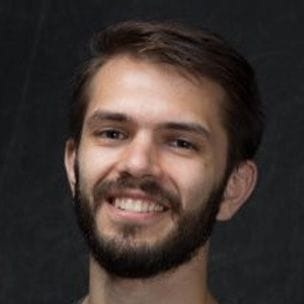
Serge grew up in the northeast of France and did his undergraduate studies at the Ecole Normal Supérieure in Lyon, France. He did his doctoral research with Prof. Gerard Parkin at Columbia University focused on the synthesis and characterization of zinc complexes and postdoctoral studies with Prof. Dan Nocera at Harvard University on in photoredox catalysis, spectroscopy and kinetics. He began his career at Merck in 2018 where he supported a variety of small and large molecule projects first in the Analytical R&D department, then in Process Chemistry R&D. He has developed various transition metal and enzyme-catalyzed transformations and worked on electrochemistry for large-scale processes.
____
Christina W. Li
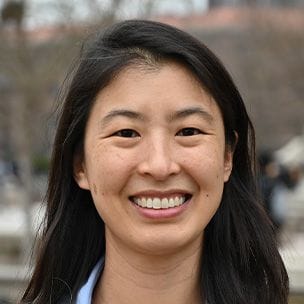
Christina W. Li was born and raised in southern California. She received an A.B. in chemical and physical biology from Harvard University in 2009, performing undergraduate research with Professor David Evans. She completed her Ph.D. in chemistry at Stanford University, working with Professor Matthew Kanan on nanostructured Cu electrodes for CO2 reduction. She then did postdoctoral work at UC Berkeley with Professor Paul Alivisatos on colloidal semiconductor nanocrystals.
She began her independent career in the chemistry department at Purdue University in 2016 where her group focuses on colloidal synthetic strategies to tune the electronic properties and ensemble geometry of nanoparticle active sites for electrochemical, thermal, and organic catalytic reactions. She was promoted to associate professor in 2023. She received an NSF CAREER Award in 2021 and an NIH MIRA in 2023.
____
Christo S. Sevov
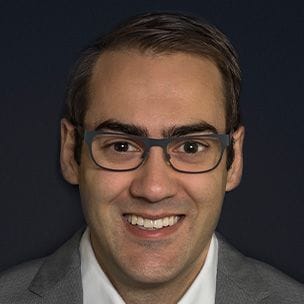
Christo was born in Sofia, Bulgaria and moved to the US at the age of four. He spent his formative years in South Bend, IN and received his B.S. in 2009 from the University of Notre Dame. There, Christo worked with Prof. Olaf Wiest on photocatalyzed cycloaddition reactions with selectivities that complement those of traditional Diels-Alder processes. Christo earned his Ph.D. in 2014 after beginning his studies at the University of Illinois Urbana-Champaign with Prof. John Hartwig and later moving with the group to the University of California Berkeley. His research involved the development of methods and mechanistic study of metal-catalyzed additions of C–H, N–H, and O–H bonds across alkenes. Following his doctoral studies, Christo conducted his postdoctoral work with Prof. Melanie Sanford at the University of Michigan. Applying an organic chemist’s approach to energy storage, Christo designed new organic and organometallic compounds that could serve as redox liquids for large-scale flow batteries.
Christo joined the faculty of The Ohio State University in the summer of 2017 and is now an associate professor. His group merges his love of catalysis and electrochemistry to develop new synthetic organic methods, upcycle chemical wastes and plastics, and design high-capacity flow batteries.
